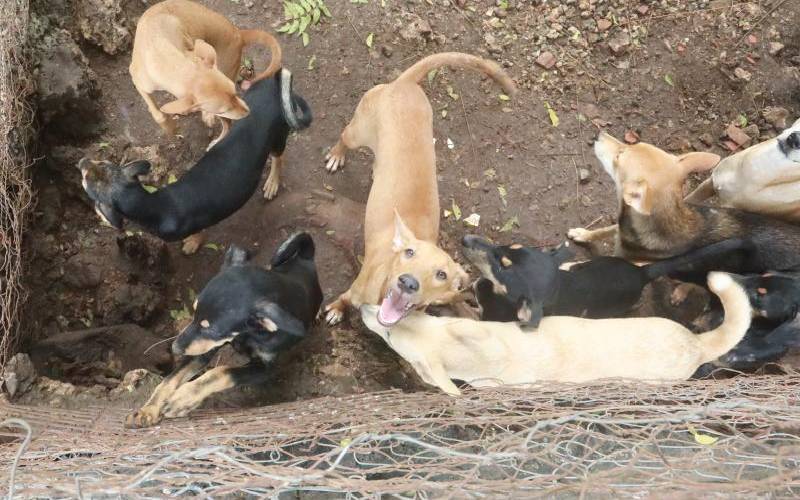×
The Standard e-Paper
Fearless, Trusted News

The World Organisation for Animal Health noted that vets from across the world were reporting many people taking their pets for mercy killing due to fear that they would spread the virus.
Naomi Mutua keeps several cats but does not have children. She has heard people calling her “the crazy cat lady” but it has never stopped her from passionately talking about her favourite pets.